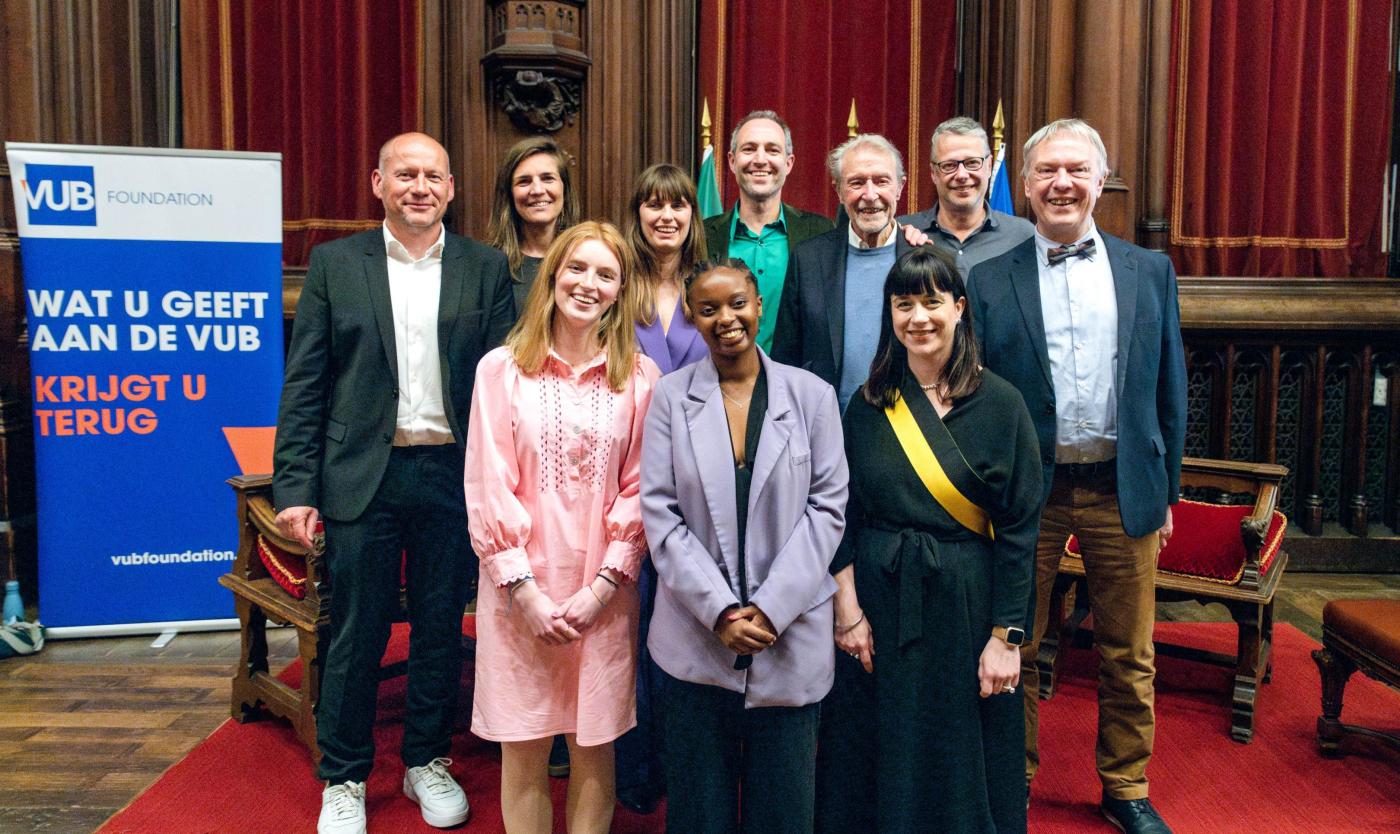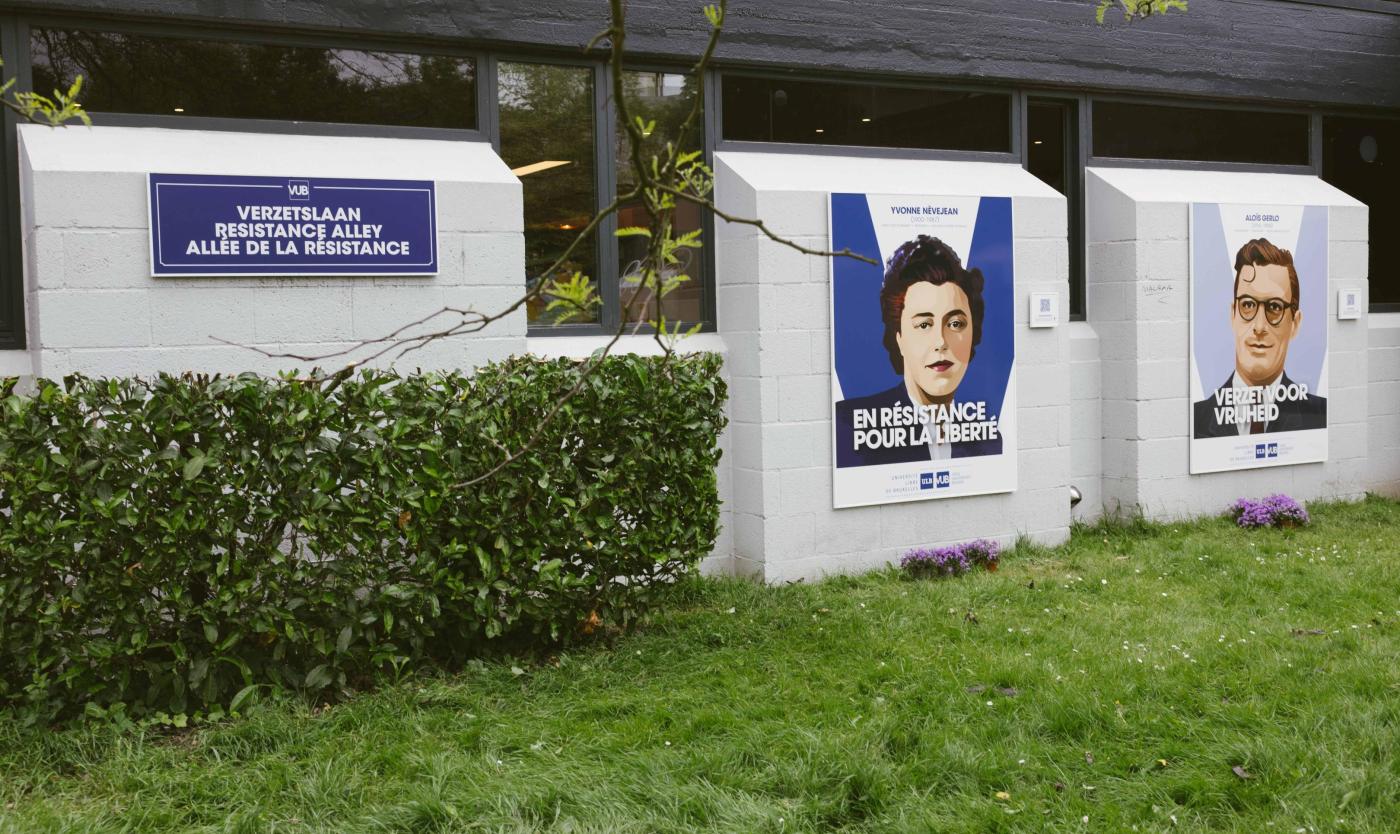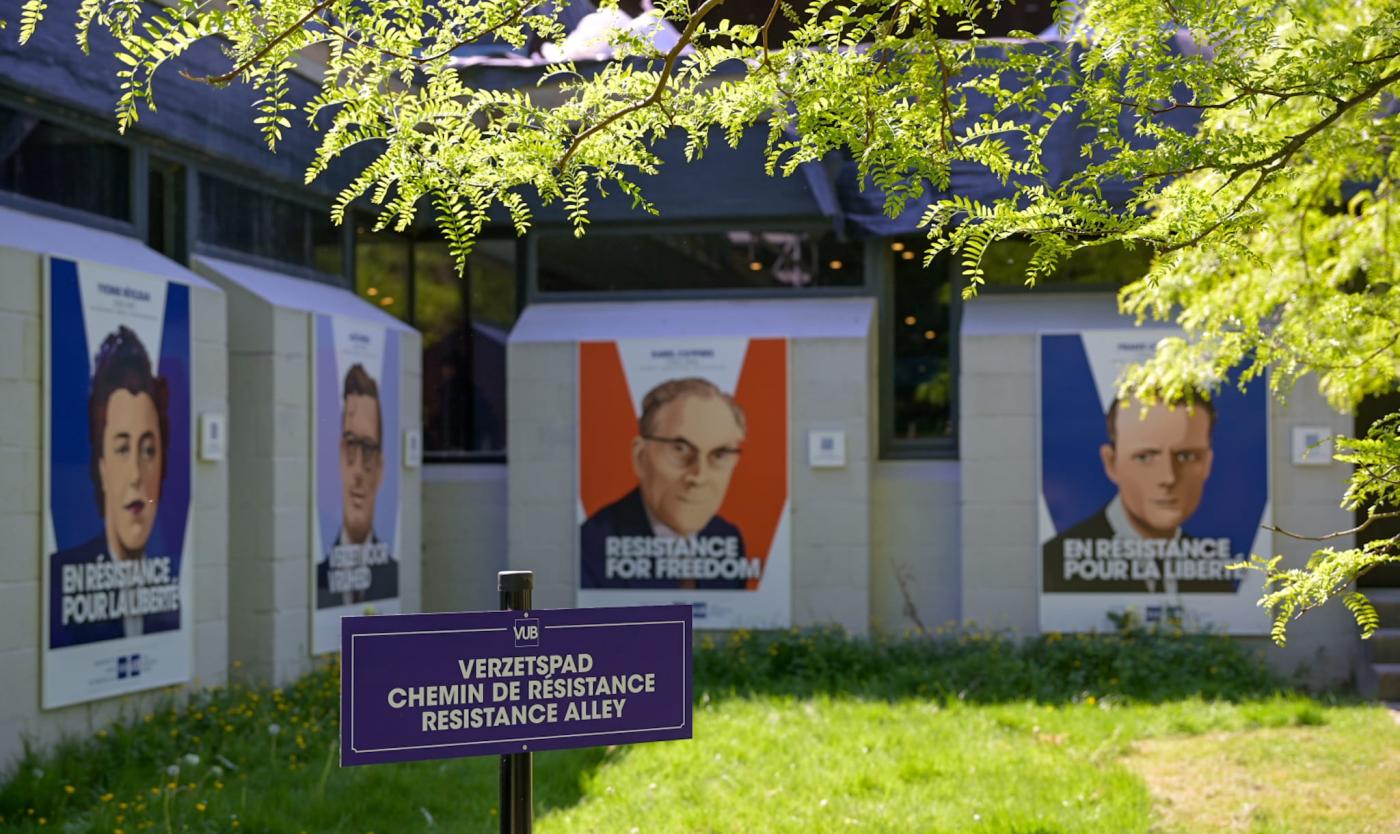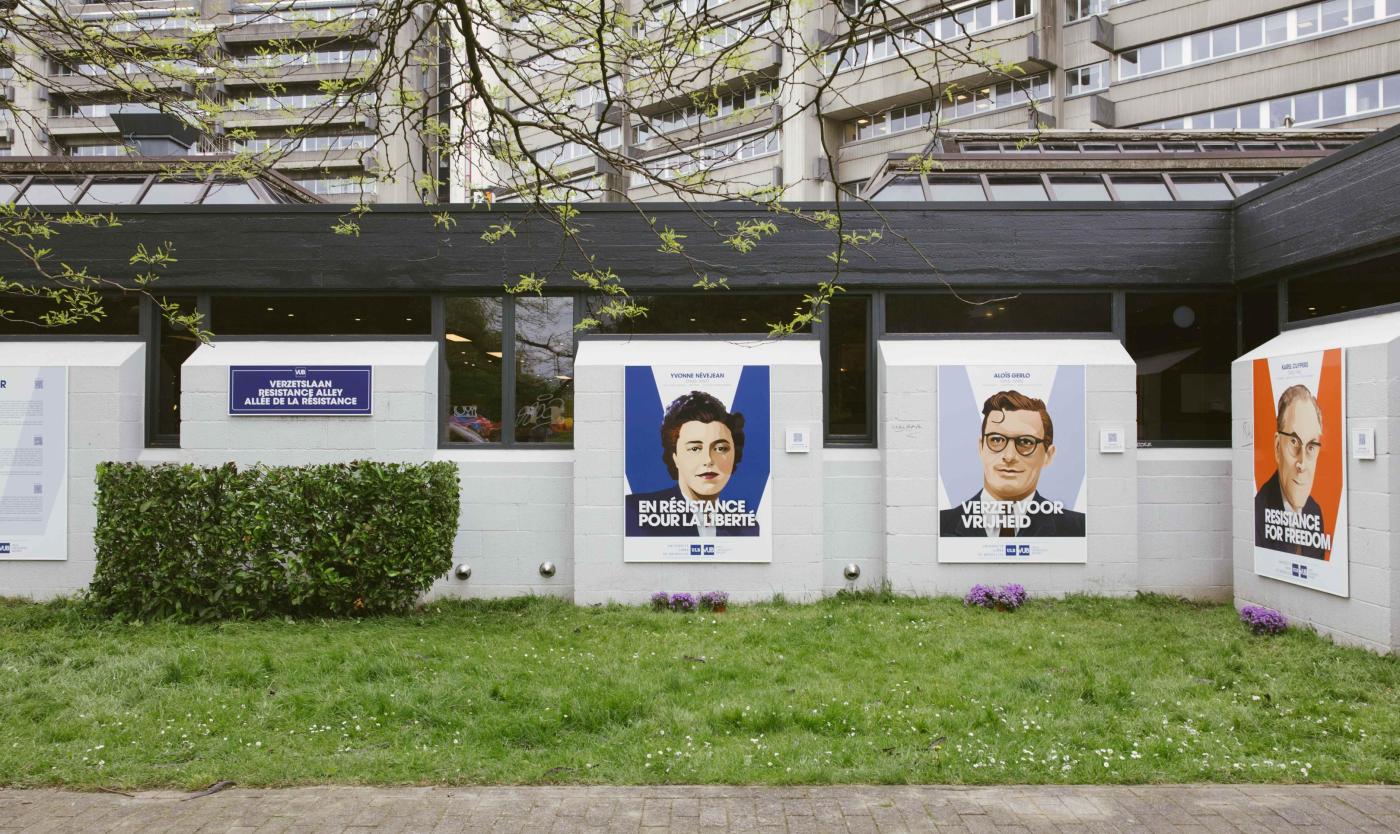
History
The history of our university is strongly intertwined with that of the Belgian resistance. On November 25, 1941, ULB was the only Belgian university to close its doors in protest against German interference. A large proportion of the students and professors offered clandestine resistance to the occupiers and paid a high price for it. Each year on Saint-V, students honor the fallen resistance members of our academic community at the National Shooting Range in Schaerbeek. However, the stories behind the names called out are little known. Resistance members is symptomatic of the lack of attention to resistance history in Flanders. This is now slowly changing. In 2023, a group of VUB students called in an open letter for making May 8 a university holiday “to stimulate memory and awareness of the resistance, fascism and the occupation in general among students. That same week, Belgian rectors argued in Knack for a national resistance museum.
About the chair
With the research chair Traces of Resistance, the VUB aims to respond to the growing social demand to revive the memory of the Belgian resistance against the Nazi occupiers. This theme fits seamlessly with the VUB core values of freedom and equality, solidarity and a deep social commitment grounded in scientific knowledge. This chair focuses on citizen science, impactful socially engaged research. The general public will be strongly involved in both academic and public-historical work. This fits within the explicit commitment of the VUB as an Urban Engaged University to engage in a dynamic dialogue with society from a strong research base. In addition, this chair is part of a structural collaboration with ULB, which will simultaneously dedicate an annual guest researcher chair to the history of resistance.
The main external partner is vzw Helden van het Verzet, a non-profit organization working on the memory of the Belgian resistance. Through resistance cafes, social media, podcasts, novellas and lectures, the stories of Belgians who fought against the Nazi resistance are made known to the general public.
Objectives
The Traces of Resistance Chair combines a social and academic mission. Participation by the general public is central to both domains. The Chair will also be assisted by a sounding board group with international experts from the domain and delegates from the heritage sector.
Within the academic pillar, the following concrete objectives are paramount:
- Creation of a line of research around resistance
- Creation of a citizen science project on the farewell letters of executed members of the resistance
- Application for external research funding for projects on specific themes in resistance history (e.g., the Secret Army, resistance at Belgian universities, etc.)
- Science communication through publications, lectures and conferences
- Supervision of theses on resistance history.
The public history pillar has the following focus:
- Creation of a research environment, public website and digital map of execution sites and other places of resistance remembrance
- Organization of series of commemoration initiatives at the VUB and in Brussels, Flanders and Wallonia
- Public history activities on resistance history, such as lectures, podcasts and digitization of personal archives of resistance members
- Preliminary research into the possibilities for a digital resistance museum.

Chair holder and academic coordinator Nel De Mûelenaere en Dany Neudt (vzw Helden van het Verzet).
Copyright: Dominique Duchesnes (Le Soir)
Chair holder and academic coordinator: Nel De Mûelenaere
Nel de Mûelenaere is lecturer in early modern, contemporary and medieval history at the VUB and assistant professor in the Social and Cultural Food Studies (FOST) research group. She will manage the academic mission of the chair.
A glance of the launch event
On May 17, 2024, the launch of the chair took place at the Brussels City Hall. View the images here.

All speakers of the evening
In the press
Donate now and make a difference
Support the research with a donation via bank transfer to the account BE51 0013 6779 3562 of VUB with reference CHAIR 41. Or donate online. Donations from 40 euros are tax deductible.

Resistance heroes for freedom
To honour resistance fighters past and present, an alley on the Main Campus in Etterbeek has been renamed the Resistance Ally. Along the way, 25 plaques pay tribute to heroes who stood — and still stand — for freedom




